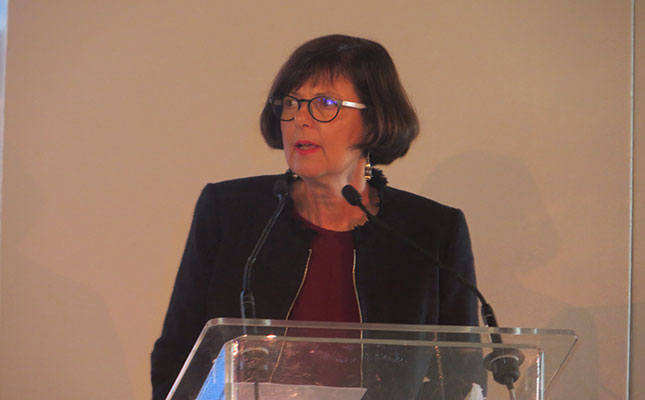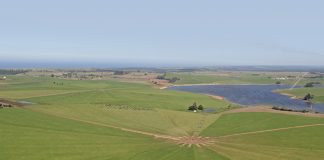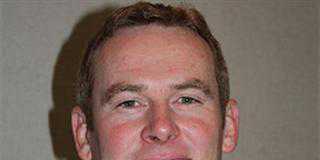
Photo: Siyanda Sishuba
Creating environmental awareness will require partnerships with various stakeholders, including agriculture role players.
Conservation consciousness and environmental literacy are key to securing a sustainable environment for all.
This was according to the minister of Environment, Forestry and Fisheries, Barbara Creecy, speaking at the 10th Oppenheimer Research Conference, held recently in Midrand.
Creecy said the department, in collaboration with the Council for Scientific and Industrial Research (CSIR), conducted a survey in 2018 to determine whether South Africans were prepared to confront climate change.
The survey found 53% of respondents had never heard of climate change. While rural residents and citizens without a formal education were particularly likely to be unaware of the phenomenon, 37% were people with post-secondary education.
“This means that millions of South Africans who are the most vulnerable to the impacts of climate change are the least informed,” said Creecy.
The survey further found that while 47% of respondents said they were aware of climate change and that it was making life more difficult, only about half of them believed it needed to be stopped.
Only 20% believed they could do “a lot” to help fight climate change; 15% believed they could do “a little bit”.
Following the survey, the department was now exploring the concept of a Citizen’s Environmental Awareness Index, which would be based on the results of an annual independent national public environmental awareness survey, said Creecy.
The index would be a first for South Africa, where no previous specific national surveys on the level of environmental awareness among citizens had been conducted.
This included surveys on water, waste services and climate change.
“Environmental degradation, loss of biodiversity, and climate change are everyone’s issue, because everyone’s life will be impacted by these realities,” said Creecy.
An understanding of ‘conservation consciousness’ among ordinary South Africans, especially as it pertained to environmental legislation and policy such as the Paris Agreement, would ensure South Africans collectively prevented the mean global temperature from rising by more than 1,5°C above pre-industrial levels, said Creecy.












